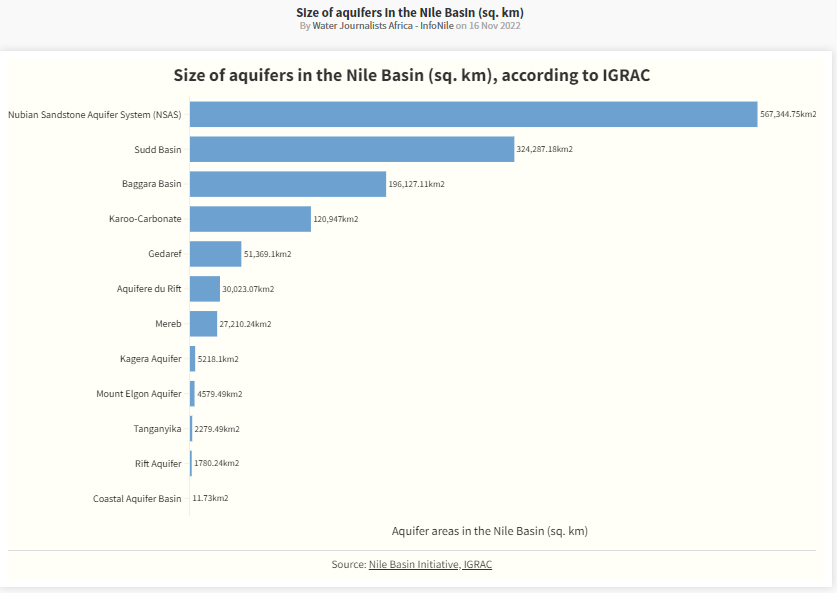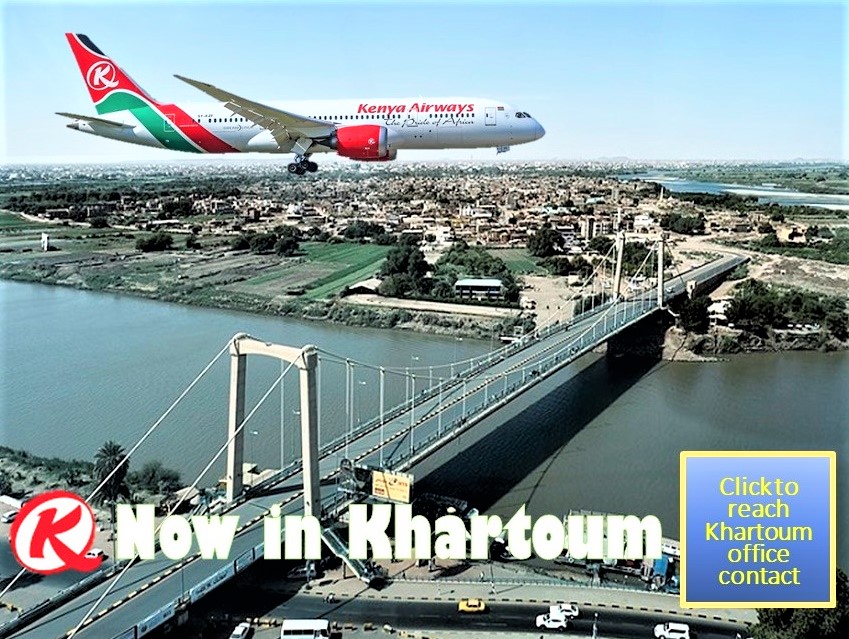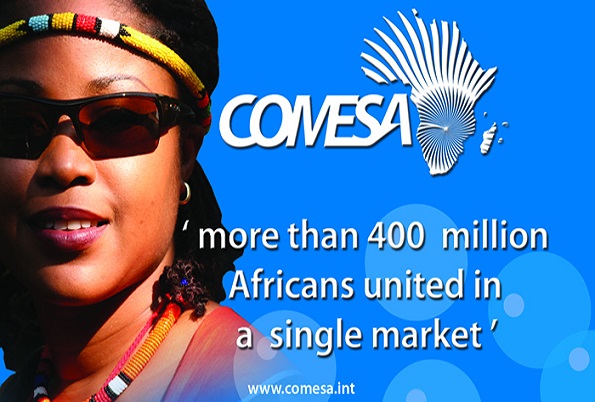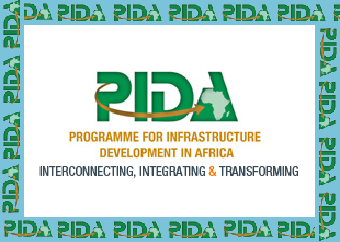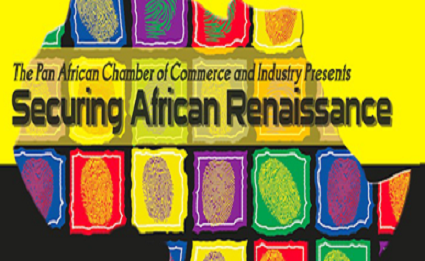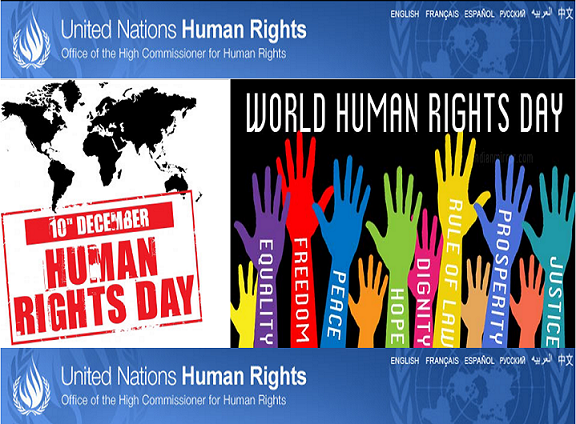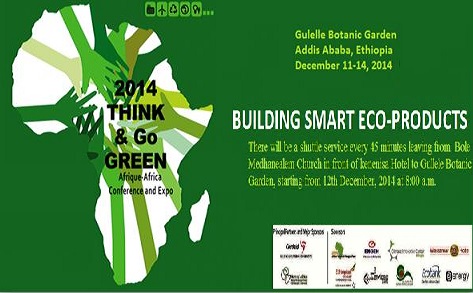Groundwater could help build stability and poverty resilience in the conflict-affected Gedaref-Adigrat region
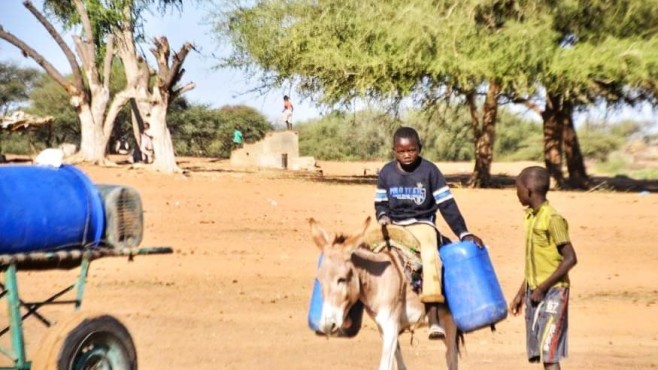
Local Water Sellers North to Gedaref area – East Sudan – Photos: MC
Mekki ELMOGRABI
In the Gedaref market, you will find people of different ethnic groups from Sudan and Ethiopia; they are mixed. One thing that brings them together is their sources of water. Their dug wells do not segregate. They are water sources for all people irrespective of their countries of origin.
There is a beautiful image of coexistence, but sometimes battles and conflicts, mainly over land and ownership of water resources, occur. In this area, underground water from the Gedaref-Adigrat aquifer is primarily accessed through dug wells. In these villages, public wells are not guarded from other villages.
The Gedaref-Adigrat aquifer is one of the three transboundary aquifers selected as a case study under the Nile Basin Initiative (NBI) ‘s Groundwater Project – ‘Enhancing Conjunctive Management of Surface Water and Groundwater Resources in Selected Transboundary Aquifers: Case Study for selected Shared Groundwater Bodies in the Nile Basin. The others are Mt. Elgon and Kagera aquifers, respectively.
Although managed under different regimes, the Gedaref-Adigrat aquifer shared by Sudan and Ethiopia is a potential source of cooperation between residents of the two nations.
Abd Al-Samea Dafa-Allah, security expert and former commissioner of a province in South Gedaref, says coexistence has been a norm, although some internal conflicts sometimes occur.
Undoubtably, according to a study on how access to groundwater affects communal violence, “lack of groundwater access is hypothesized to increase incidences of violent communal conflict,” which underscores the need for water projects to foster coexistence between local communities, bring stability and secure work and business opportunities for the community.
And according to Abd Al-Samea Dafa-Allah, this has “long been prioritized despite the current insecurities on both sides of the boarder.
He believes that groundwater could “enhance security and resilience in the area and Nile basin in general if well managed and sustainably exploited.”
Groundwater for Poverty Resilience
Groundwater is vital in the irrigation of agriculture and feeding livestock. The arable lands in Gedaref amount to approximately nine million acres, of which between four and six million acres are rain-fed.
Experts estimate there is an alarming low harvest season production that doesn’t exceed 15 sacks per acre. This underscores the need for irrigation to improve agriculture.
Omer Al-Badawi, the Managing Director of Water Corporation in Gedaref State, says there is an urgent need for funds to establish water irrigation projects for farmers in the area and domestic use to enable them to produce more to fight poverty in their homes.
He adds that the Ministry of Finance in Gedaref aspires to improve the water situation by maintaining and developing the old water pipeline network that had drawbacks.
“We at Gedaref Water Corporation are concerned with providing the immediate water needs. Our production amounts to 12,000 cubic meters produced from Al-Showak, a station established in the 1960s, which was a long time ago,” Omer Al-Badawi explains, adding that this water source is insufficient for the town of Gedaref.
According to Al-Badawi, studies have been conducted to establish another new station with the highest production of water, which will be enough for the city of Gedaref and the surrounding villages and industrial districts.
Omar Kabo, a lawyer and academician from Gedaref, says social and economic development must move towards agricultural industrialization, which requires clean water in urban areas.
“Gedaref produces four types of high-quality oilseeds; even if the quality declines, it is used to produce soaps and detergents. This alone could cover the gap by creating 500,000 jobs,” Kabo observes.
Nile Basin Initiative (NBI) highlighted in the factsheet of the Gedaref-Adigrat Aquifer Project that the importance of groundwater in the Nile Basin countries is reflected in the proportion of the population of 70% of the rural population that is mainly dependent on the Nile Basin.
This emphasizes the importance of increasing groundwater usage for other economic activities, including “industries,” among other sectors.
Mekki Elmograbi is a Press writer on African affairs, could be reached via email elmograbi@gmail.com and WhatsApp +249912139350
This article was supported by InfoNile with funding from Nile Basin Initiative.

